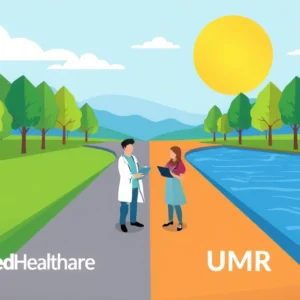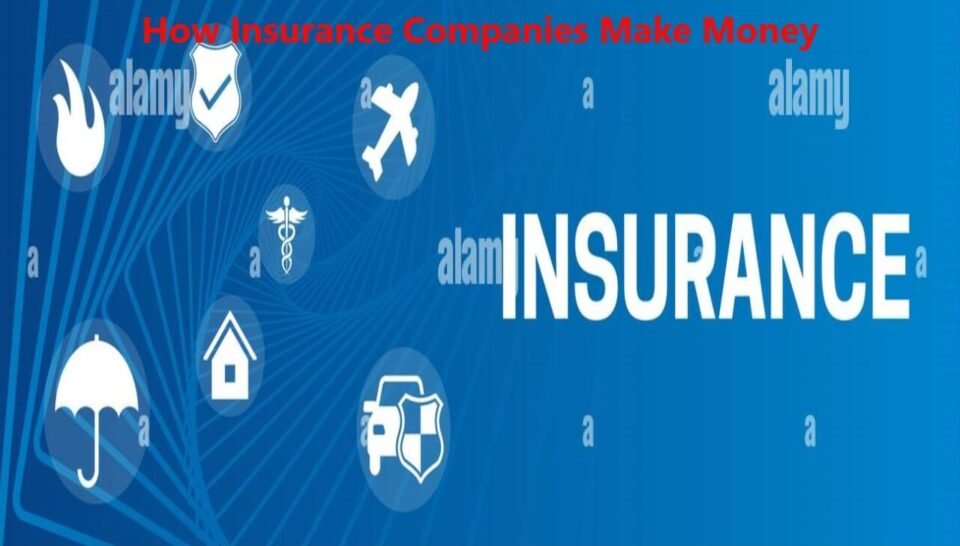But health insurance is an essential safeguard against those unexpected medical expenses, and reading and understanding the rules and regulations to which it’s subject can be challenging. There are so many qualifying life events (QLEs) that it is important to understand. This being these life-altering situations has caused people to make changes to their health insurance plans outside of annual open enrollment. In this article, we’re going to discuss what exactly a QLE is, how to enroll after a QLE, and the importance of meeting deadlines and the documentation involved.
A Health Insurance Qualifying Event is
A qualifying life event is any significant change in your life that renders you eligible to change your health insurance plan at a Special Enrollment Period (SEP). The range of possible changes is wide and planned or unexpected.
Examples of Qualifying Life Events
- Marriage or Divorce: If you get married, you can get your spouse on your plan; while divorce may require splitting health coverage.
- Birth or Adoption: The QLE I am most common to is welcoming a new child into your family.
- Death: A QLE is losing someone you share your health plan with.
- Relocation: Another qualifying event is moving to a new area and finding that your current health plan isn’t available.
- Change in Employment Status: SEP can make you eligible if you drop or switch to a job that didn’t offer health insurance.
- Loss of Coverage: If, for some reason, your current health coverage is ending, you may be able to find a new plan.
- Turning 26: Persons aging out of their parents’ insurance plan may be acceptable for SEP.
- Turning 65: Enrollment opportunities open for Medicare eligibility.
- Gaining Citizenship: New health insurance options are afforded by becoming a U.S. citizen.
What Is Special Enrollment Period?
Outside of the annual open enrollment period, there is a Special Enrollment Period (SEP), during which you can enroll in a health plan because of a QLE.
Key Facts About SEPs
- Timing: SEPs usually will change 30-60 days after the qualifying life event has occurred.
- Deadlines: If you miss the SEP deadline, you’re mostly guaranteed to wait until the next open enrollment period before you can enroll.
- Documentation: To enroll, you might need proof of the QLE.
Examples of Special SEPs
- Natural Disaster Relief: People affected by natural disasters or public health emergencies may be granted SEPs.
- Medicaid Changes: If you are eligible for Medicaid, you are also eligible to have a SEP.
What to Do after a Qualifying Life Event
If you’ve experienced a QLE, follow these steps to update your health insurance plan:
- Review Plan Materials: See what your current policy says about SEPs and what should change.
- Contact Your Provider: Contact your employer or your health insurance card customer service number for support.
- Submit Documentation: Confirm the qualifying life event, provide required documents.
Which Documents Do We Require for a QLE?
Requirements for documentation of qualifying life events differ based on the type of event. Below are some common documents you may need:
- Marriage Certificate: To add your spouse to your plan.
- Birth Certificate: To enroll a newborn.
- Divorce Decree: For removing a former spouse.
- Proof of Relocation: A utility bill or lease agreement showing a move.
- Employment Termination Letter: For changes due to job loss.
Do You Qualify for a SEP If You Don’t?
If you’re not eligible for a SEP, you may be eligible for short-term health insurance if you’re between open enrollment periods. These plans offer temporary coverage, so you’re not left uninsured.
Turning 65: A Unique Qualifying Event
That means you turn 65, and you become eligible for Medicare, a federally sponsored health insurance program for seniors. This is the time that you can look over your Medicare options and choose one that works best for you.
Conclusion
It is important to understand qualifying health insurance events so you never lose your uninterrupted coverage during major life changes. Qualifying life events offer you the opportunity to file for a new health insurance plan from marriage and childbirth to job changes and aging milestones. Take action quickly, supply appropriate documentation, and when required, speak with professionals.
QLEs and SEPs happen, and staying informed about such things can protect your ability to live and your wallets as you go through life’s unexpected moments.





